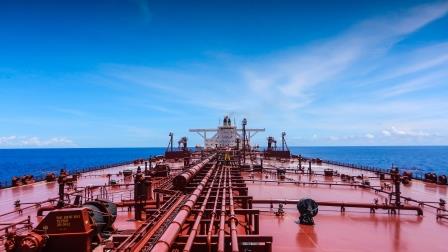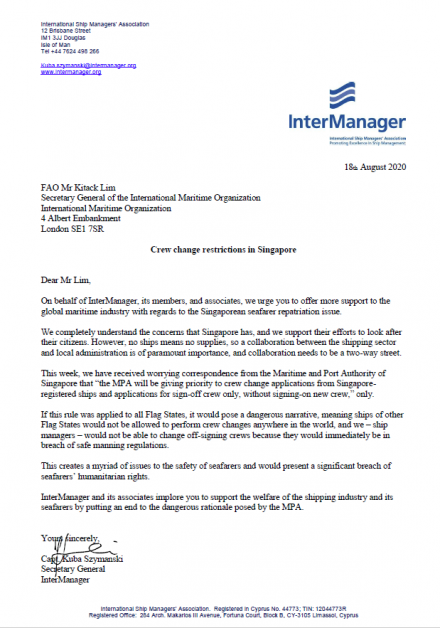European and international shipowners groups have reacted angrily to the latest developments by Brussels to create a regional CO2 emission reporting scheme.
Discussions are continuing in Brussels between the Parliament, Council and Commission over a proposal to launch a scheme in 2018.
The scheme will require all ships calling at European ports to monitor, report and verify both the CO2 emissions and the cargo work done on an annual basis.
The system is widely seen as a precursor to a market-based measure to curb the industry’s CO2 emissions.
However, it is being developed as the International Maritime Organization has made advances in creating a similar, more international, system.
The Finnish and Swedish Shipowners’ Associations have said that while they are positive about regulations to reduce CO2 emissions from the maritime sector, they are concerned that the European Union MRV proposal may have the opposite effect.
They say the inclusion of transport work into the proposal will shift debate away from absolute reduction of CO2 and towards ship efficiency, which they see as a paper tiger in EU legislation that will generate lengthy technical debate on how cargo transport work can be measured, given that it will include data that may be uninterpretable and incomparable.
It could also lead to some organisations arguing that the inclusion of transport work could be used to justify increased emissions as long as the overall energy-efficiency rating of ships is improved.
There is also the potential for any measure that includes a metric for cargo carried, or transport work done to be used to create an operational-efficiency index. Such tools are seen as controversial by some shipowner groups. The Danish Shipowners’ Association is, however, in favour of a more detailed MRV solution.
Recent developments in Europe have also alarmed the International Chamber of Shipping.
Citing international sensitivities in any discussions regarding CO2 reductions, the ICS believe that Europe should let the IMO lead moves to develop a CO2-monitoring scheme.
It fears that these developments by the European Council, Parliament and Commission could easily jeopardise recent negotiations.
The European Commission proposal is written with direct reference to the hope that the IMO will develop an international solution that it can adopt or be aligned with. Despite the assurance that the European texts will be aligned with any international rules, ICS questions whether they will, especially if one has a requirement for cargo work and the other does not.
The European proposal does not require buy-in of flag states, as it is an eventual prerequisite to trade in European ports if it gets finalised.
However, the IMO system will need to be agreed by global maritime administrations, including those representing the largest flags. And that means that any agreement at the IMO is less likely to be controversial in content.
for more maritime news see Lloyd’s List – www.lloydslist.com



